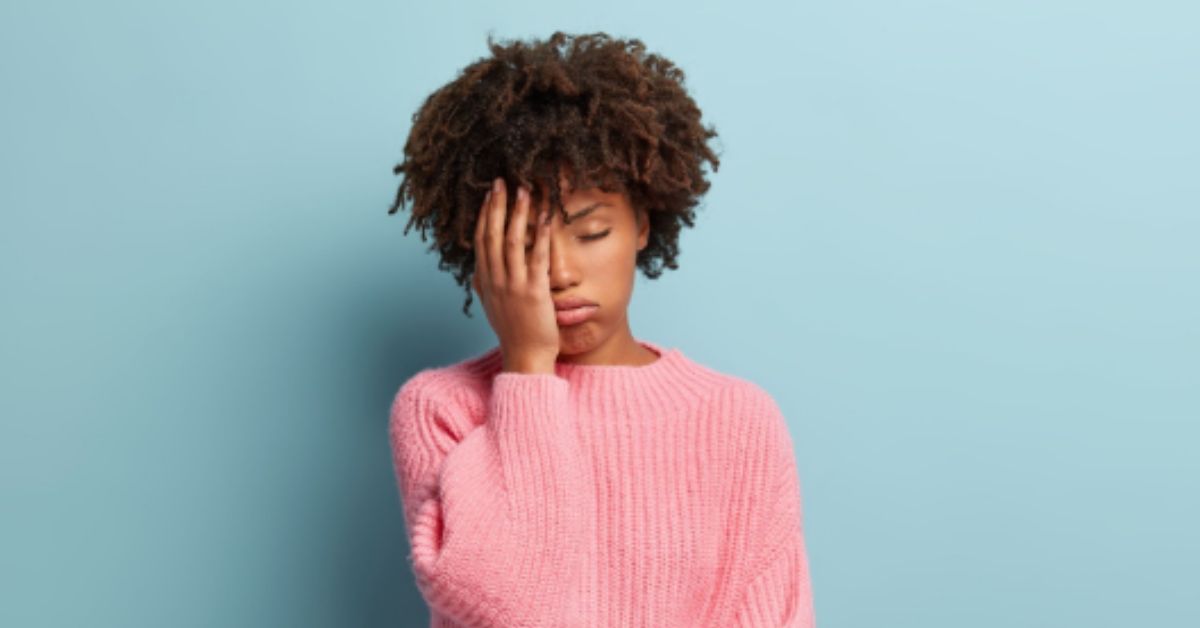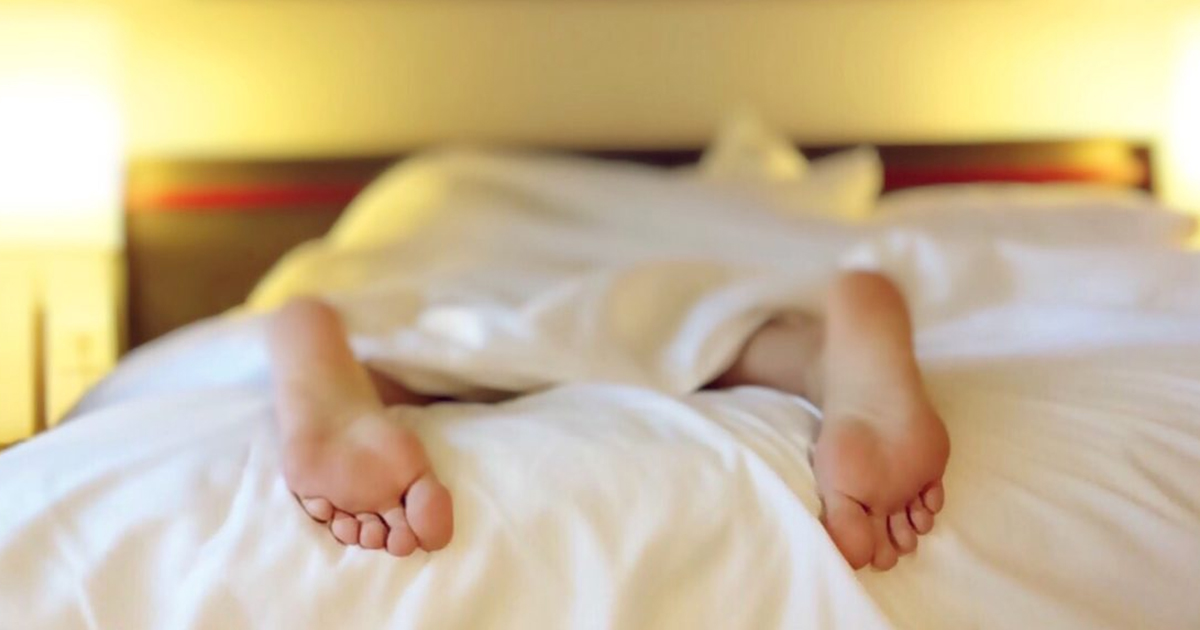We’ve all had those sleepless nights full of tossing and turning, and it seems that no matter how tired we are, we still can’t manage to fall asleep. People experience this unfortunate scenario for many various reasons, and many times they result in taking over-the-counter sleep medicine to help them achieve the elusive rest they crave so badly. There are many options available for sleep aid, some requiring a prescription while many others do not, and here we will discuss a few of the most common choices available, along with some of the known risks.
Various Types of Sleeping Pills
In this day and age, there seems to be a pill for everything that ails you. This is true for sleep medicines as well. There are various types of sleeping pills available, with each one working to affect your brain in a specific way, so it is important to visit a sleep clinic to determine the cause of your sleep deprivation before you result to taking random, store-bought pills. Some sleeping pills work to cause excessive drowsiness, while others will target the area of your brain that keeps you alert. There are sleeping pills designed to assist your brain with its natural hormone production and reception to encourage sleep, while others function as full-blown sedatives. However, despite the variety of options available, studies have shown that people who regularly take sleep aids to fall asleep only manage to get an additional 35 minutes of sleep, on average, and they only fall asleep around 10-20 minutes faster than those who don’t take anything at all. Furthermore, many of these sleeping pills can be habit forming, and come with unfortunate side effects such as: prolonged sleep latency, drowsiness during the waking hours, muscle weakness, digestive issues, and even chronic headaches.
Natural Sleep Aids
If you’re tired but can’t sleep, but also don’t want to get into the bad habit of taking routine sleeping pills, you may be interested in hearing about the natural sleep aids available in the market. Sometimes, all it takes is a warm glass of milk, or a nice cup of hot tea to help you relax, reduce your mental stimulation, and get the shut-eye you need. However, if you find yourself needing something with a little more knockout power, there are natural hormone producing supplements such as melatonin and valerian. Melatonin supplements are the chemical equivalent to the sleep hormone that is already produced in your brain. Taking a responsible dose of melatonin can certainly help you fall asleep, and stay asleep, but also help to improve your immune system, lower blood pressure, and help control your cortisol levels. However, even though it is a natural supplement, prolonged use of melatonin can have some negative side effects such as: dizziness, nausea, anxiety, depression, disorientation, headaches, and reduced alertness during waking hours. If your sleep deprivation has gotten to the point of requiring a sleep aid, melatonin would be the recommended place to start, rather than the heavier sleeping pill option, but both should only be used in small doses and for short periods of time.
Book an Appointment at Jacksonville Sleep Center!
The Jacksonville Sleep Center is your best local choice in helping you achieve the quality sleep you deserve. If you have been experiencing sleep deprivation, it may be time to conduct a sleep study. Diagnosing and treating a sleep disorder is vital to your timely recovery and return to a productive daily life. At the Jacksonville Sleep Center, our team of professionals offer the latest in technology for sleep disorder diagnosis, assessment, and treatment. Schedule an appointment with us today and get your sleep back on track.






